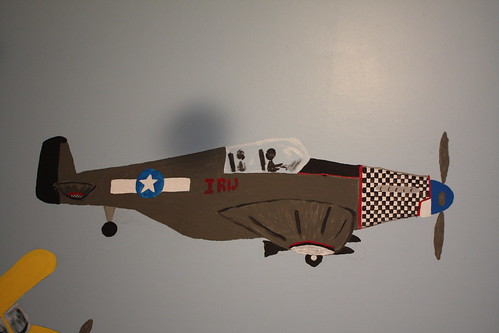My daughter and wife went together to get me a Kindle for my birthday.
I love it.
I’ve been reading e-books for many years, but it’s always been a frustrating experience. I used some reader on my Visor, and then on my Palm, and contributed quite a lot of content to MemoWare in those years. But reading for any length of time on the Palm was very taxing to the eyes, and after about an hour I couldn’t focus very well on what I was reading. The resolution wasn’t good enough, and the light was hard on the eyes. And the power didn’t last very long anyways.
Things are better on the iPod Touch, but there, too, the light is not conducive to extended reading. The eyes get very tired. And the screen size is another problem – each “page” is only one or two paragraphs, and this is very disruptive to the flow. I’ve been using the Kindle iPhone app for the last month or so, and have read quite a bit on it, but never very long at a stretch.
When the Kindle first came out, I was reluctant to go that route because of the book purchase model. It’s still annoying to me that I can buy a book, and then not be able to share that book with a friend, loan it or sell it, or even give it to my wife. But we are very quickly running out of places to put new book shelving, and I’ve got to get my book problem under control.
The Kindle is practically a magical device, because it’s so obvious – there’s really no question about how to use it – and because it’s just one thing. It’s a reader. It doesn’t (yet) attempt to be a browser/cell phone/game device/music player/tv. Although I do notice that it is trying to become almost all of those things, so hopefully they don’t mess up a good thing.
The other great draw of the Kindle is that I have access to all 33,000 books on Gutenberg, and any other non-copyright-encumbered content that I can find or create.
And the display is wonderful. Almost no glare. Works well in high and low light conditions. The letters look like printed letters. I can read for hours without any eye strain. It weighs almost nothing.
And right now, in something the size of a very thin paperback book, I have The Count of Monte Cristo, Treasure Island, The Man Who Knew Too Much, Lovecraft’s complete works, Poe’s complete works, A Christmas Carol, The Picture of Dorian Gray, The Princess and the Goblin, Macbeth, At the Back of the North Wind, The Man Who Was Thursday, Orthodoxy, Our Mutual Friend, Barnaby Rudge, the Bible, and the New Oxford American Dictionary.
That’s at least five shelf-feet of books right there, and should keep me busy for the rest of the year.
I’m a little miffed at how expensive the (non-free) e-books tend to be. I rather expected that they would be a small percentage of the cost of the paper book, rather than almost the same price, or, in some cases, more. And it seems that an awful lot of books just aren’t available at all. I expect this will change, but I expected it to change faster than it has done.
Meanwhile, however, I’m greatly enjoying reading The Count of Monte Cristo on it – a book that I’ve wanted to read for a long time, but which, due to its size, discouraged me from taking it on a plane with me, where I do a large percentage of my reading.



